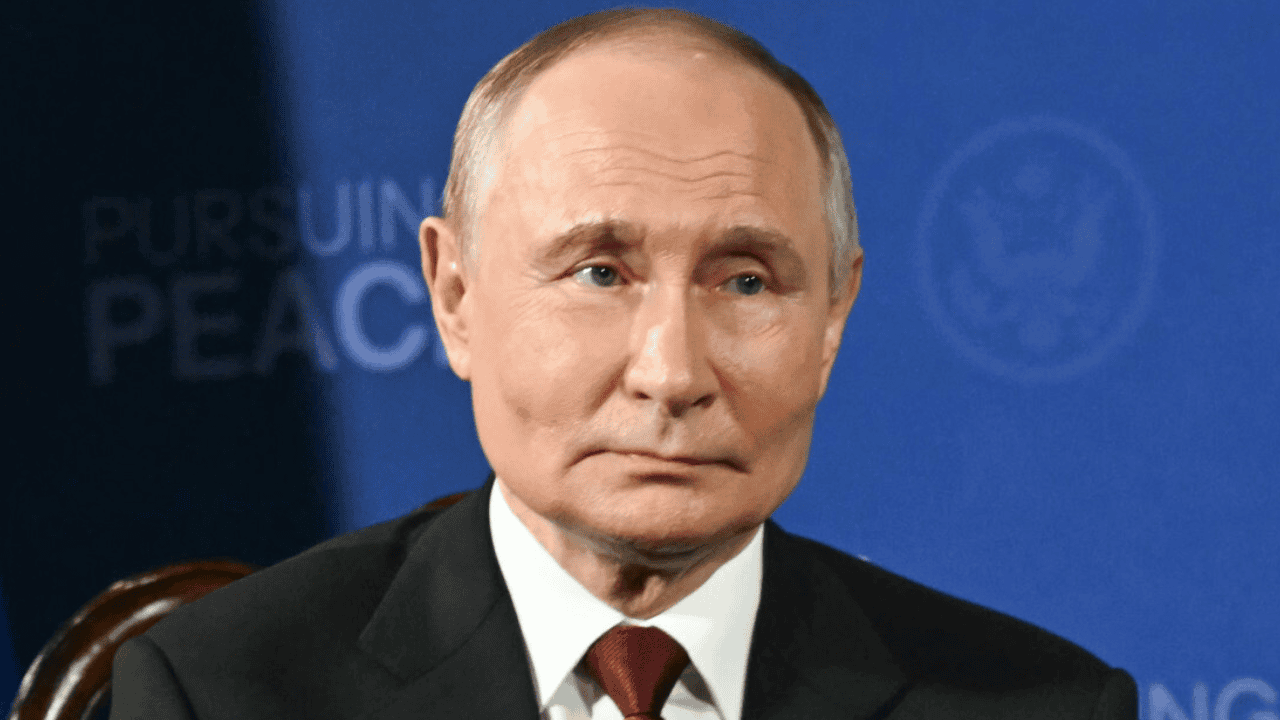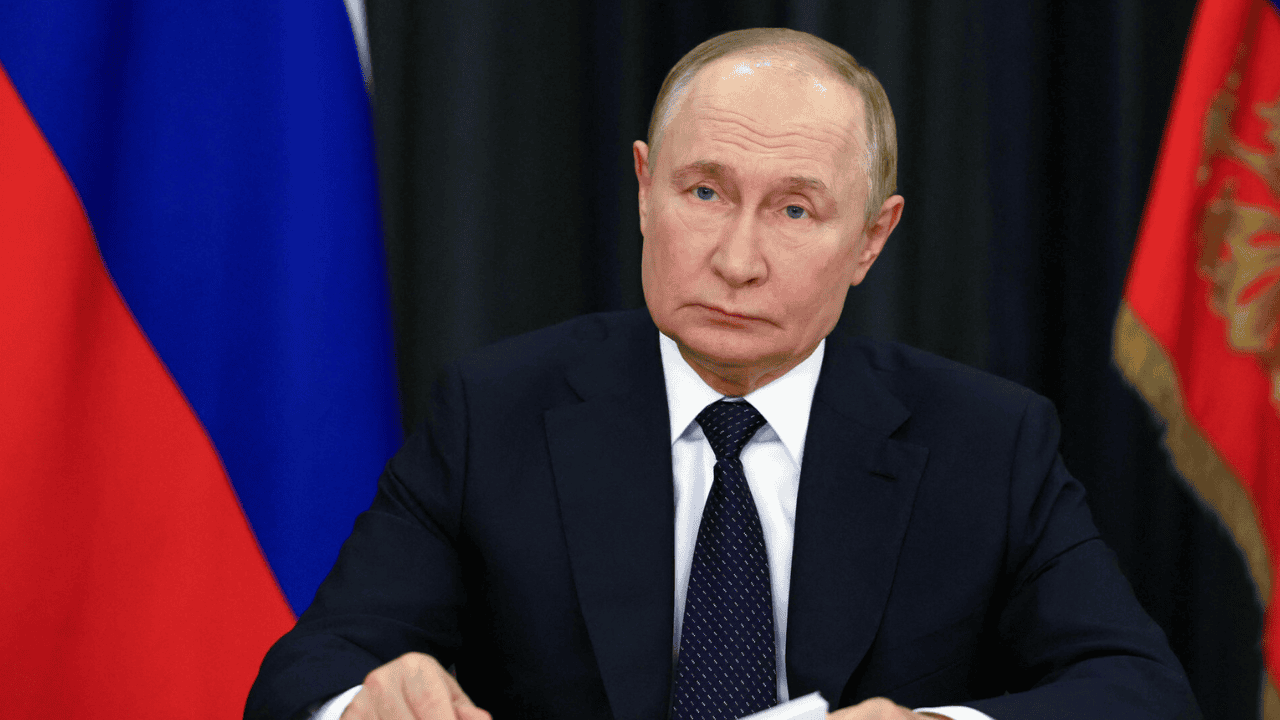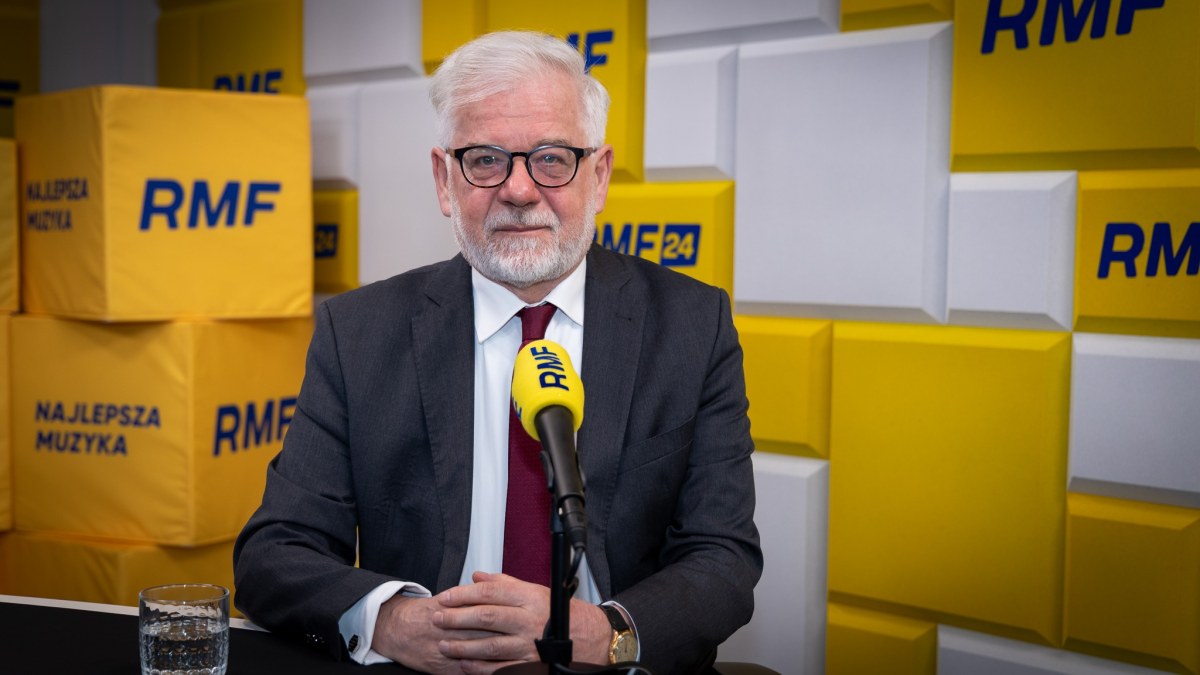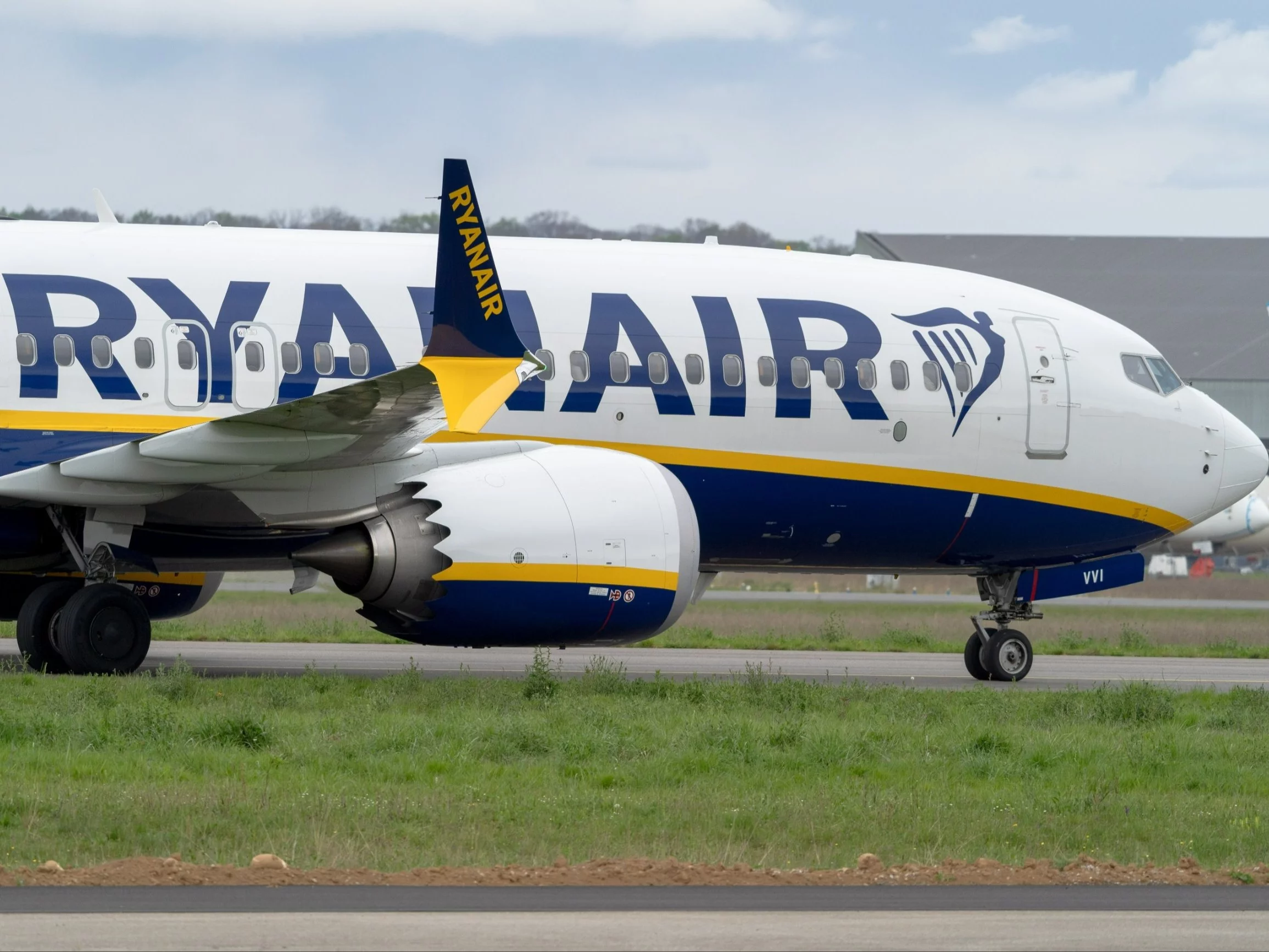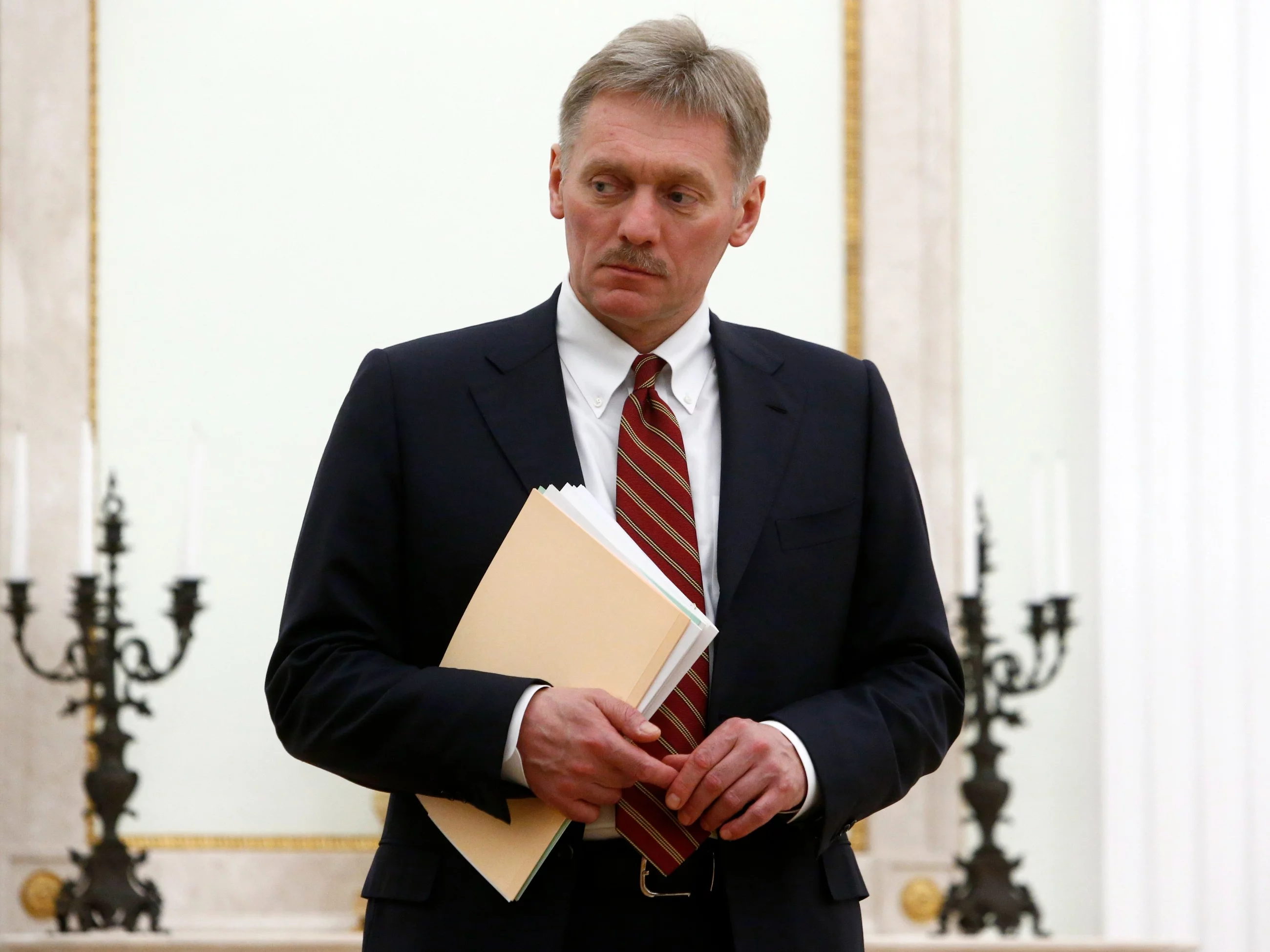
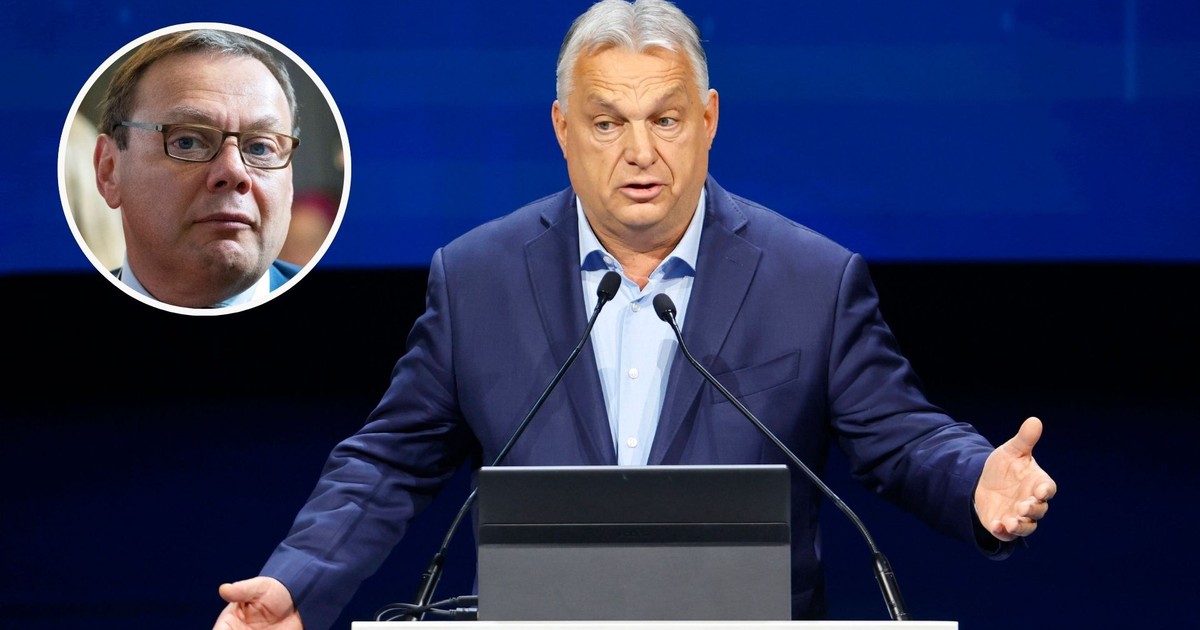
Travel restrictions and freezing of assets imposed on politicians and businessmen deemed to support or facilitate Russia's war with Ukraine will expire on Saturday unless all 27 capitals of the EU agree to their extension for another six months.
The Hungarian Ambassador to the EU demanded that Fridman, who made a luck in Russia before moving to London a decade ago, be removed from the list. According to 4 officials active in the talks is the price for Budapest's approval to extend all another sanctions.
The EU Ambassadors will meet in Brussels on Thursday after many days of talks that have not led to a compromise. Kiev's most ardent allies in the Baltic Sea region argue any weakening of the EU's restrictions on Moscow, especially before the end of any talks about the ceasefiremediated by the United States.
Hungary, the most pro-Russian EU member, headed by the far right Prime Minister Viktor Orban, has repeatedly threatened to block, hold or mitigate the block measures against Moscow. His efforts to remove Fridman from the list are, according to 3 officials, supported by Luxembourg.
Fridman filed a suit against Luxembourg last year, where he holds shares in London's LetterOne investment firm, demanding $15.8 billion (about PLN 61 billion) in damages related to sanctions.
Born in Ukraine Fridman, 1 of only 2 oligarchs who made their fortunes in the hard 1990s in Russia and remained active in business, initially carefully criticized president Vladimir Putin's invasion. However, he later resented the West and returned to Moscow last October.
Fridman refused to comment.
Hungary initially demanded the removal of 8 names, including another Russian billionaires specified as Aliszer Usmanov and Fridman's long-standing partner Petr Awen. But, according to 3 officials, Budapest resigned any of these demands while insisting that Fridman be excluded.
Fridman and Awen won the case before the EU Court in April 2024, which considered that the EU had wrongly added them to the list in 2022. The Court of First Instance found that adequate evidence was not provided for their close relation with Putin.
The triumph of the oligarchs was the biggest blow against the EU's strategy of sanctions against Russia since the invasion.
However, they stay subject to the second EU sanction decision of 2023, due to their business presence in Russia. Latvia has appealed the first judgement in favour of the oligarchs, while Fridman and Awen dispute the second judgment.
At the end of last year, Fridman and Awen sold their shares in Alfa-Bank, the largest private lender in Russia, and his sister insurance company to long-term partner Andrei Kosogov, who is not subject to sanctions.
The Oligarchs hope that the sale of companies means that they will no longer comply with the another criteria of EU sanctions against them, as they were identified as “leading businessmen operating in the economical sector providing Kremlin with a crucial origin of income”.
The Hungarian and Luxembourg Governments did not respond immediately to requests for comment.
Regardless, in July, EU funds aimed at the Russian economy will request to be extended, including the freezing of state assets worth almost EUR 200 billion (over PLN 839 billion).
© The Financial Times Limited 2025. All rights reserved. No distribution, copying or modification shall be permitted. Onet bears sole work for translation, Financial Times Limited bears no work for its accuracy or quality.

